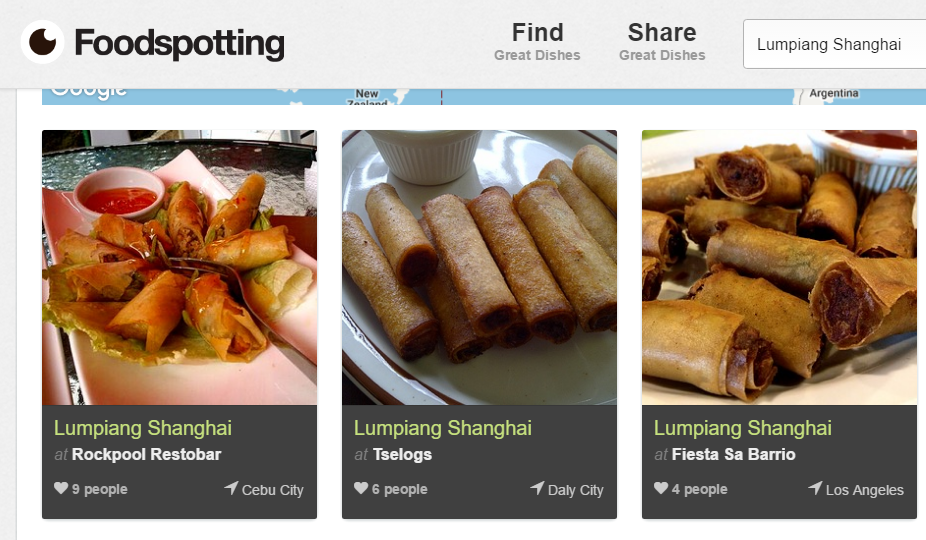Take a creative bootcamp; get over full stack anxiety in programming
By Dennis Clemente
NEW YORK–With all the coding bootcamps out there, should there be a creative bootcamp as well? As for programming, isn’t it causing you “full stack” anxiety, with one language and framework after another coming out like there’s no end to it?
Last January 13, Design Driven took a different direction with its monthly meetup by having the speakers dig deeper into their design mindsets and processes. It helped to see Aaron Weyenberg, a UX and product designer at TED as one of the presenters as well. Others were Soraya Darabi of Zady and Foodspotting; Joey Califa, product design lead at Digital Ocean and Gary Chou, founder of Orbital who clearly gave a most illuminating presentation about creativity.
Chou’s Orbital, a home for developing and learning new ideas, talked about how constraints spur creativity, citing one project for students to raise $1,000 on a product they were working on, leveraging Kickstarter and using a metric to gauge their success.
Orbital offers an intensive 12-week course focused on helping you launch your project with the emphasis on putting your idea out of your head and into the world. Instructors and advisors provide feedback as you undergo exercises to increase your fluency in information and social networks. He could actually call it a “creativity bootcamp” and just attribute us for it.
Darabi who we last saw at a meetup presentation at Pivotal Labs talked about how a good design is about choices that get the appropriate reaction.
If you ask Weinberg how TED stands out in a saturated marketplace, he thinks slow news is important, even more than trends, explaining how “how we craft experience that keeps people interested.” It shows in the work TED does when most media prefer the race to coverage.
Califa addressed what could perhaps be in most people’s minds these days in terms of what they need to learn, calling it “full stack anxiety.” Both a designer and coder, he asks what can you really do if you’re asked to do everything else?
With so many tools and software and skills required now than ever before, he said it exacts a toll on our brains, leaving us no room to focus and become specialists. It was a humorous, Sisyphean pliant, clearly justified. His solution: Produce a list, narrow down choices and stick by the shorter list of skill sets you need.
However, almost sounding like Woody Allen, he prepares his audience to what an employer might demand these days: “I want someone with a specific skill who can do everything else.”
